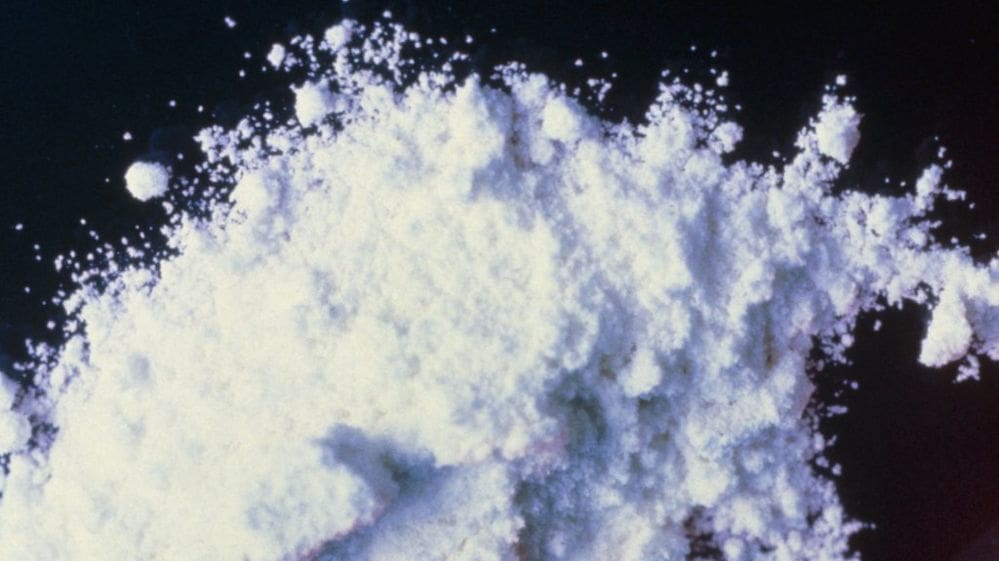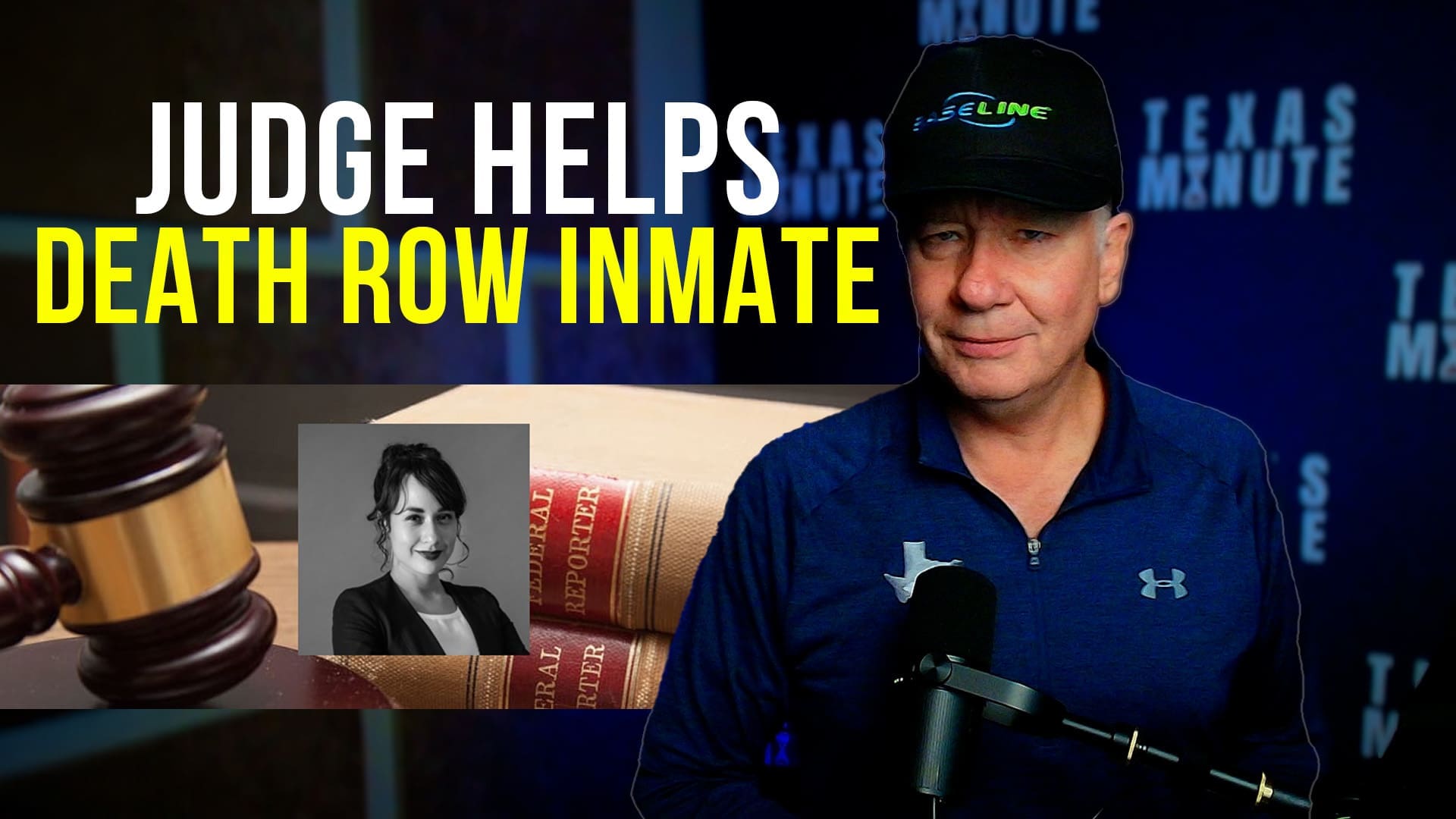In the wake of the scandal surrounding one Texas House Democrat committee chairman—his recent arrest for possession of cocaine—some state lawmakers are suggesting implementing the drug testing of legislators, while some Texans are wondering why drug testing for elected officials isn’t already in place.
The conversation started a week ago, when the watchdog group Direct Action Texas revealed they had obtained an affidavit from the Department of Public Safety declaring two Texas Department of Transportation employees found an envelope filled with four plastic baggies of cocaine bearing the official state letterhead of Democrat State Rep. Poncho Nevarez (Eagle Pass); the envelope was found lying on the ground inside an area of Austin Bergstrom International Airport. The discovery was made on September 6 in a hangar used frequently by state officials.
Once the story became public, Nevarez quickly fessed up to his cocaine use and was arrested and charged with felony possession of an illegal substance.
But while some colleagues called for his removal as chairman of the Committee on Homeland Security and Public Safety (the very committee that oversees the Texas Department of Public Safety), House Speaker Dennis Bonnen refused, using a narrow and heavily disputed interpretation of the rules to say he could not remove a chair of a committee that he already appointed.
Other lawmakers, however, have begun advocating for a rule change going forward—that lawmakers paid by taxpayers should be subject to drug testing.
The day after the story broke, State Rep. Mayes Middleton (R–Wallisville) posted on his campaign Facebook page, “I have long believed all Legislators need to be drug tested. House and Senate members get taxpayer funded pensions and healthcare and vote on $250 Billion+ budgets.”
“Others in government have to be drug tested, why shouldn’t we?” he added.
State Rep. Matt Krause (R–Fort Worth) echoed his statement on Twitter, saying he agreed with his colleague.
From @mayes_middleton yesterday: "I have long believed all Legislators need to be drug tested. House & Senate members get taxpayer funded pensions and healthcare and vote on $250 Billion+ budgets. Others in government have to be drug tested, why shouldn’t we?"
I agree 100%.
— Matt Krause (@RepMattKrause) November 15, 2019
Though there will almost undoubtedly be multiple versions of this legislation when the legislature reconvenes, State Sen. Pat Fallon (R–Prosper) already filed a bill to do exactly that during the legislative session earlier this year, though it was not passed into law.
Senate Bill 2287 would have implemented random drug testing of legislators, with the results—or refusal to take part—posted online for the public to see. That bill was referred to the Senate Committee on State Affairs, where it failed to even receive a hearing.
In 2015, the House killed a similar provision in an omnibus ethics legislation by then-State Sen. Van Taylor.
Senate Bill 19, which, as filed, included a wide amount of ethics reforms for lawmakers, originally included a section that required all elected officials to submit to a drug test and have those results published online by the Texas Ethics Commission. That provision passed the Senate, but when the bill was sent to the House, former State Rep. Byron Cook stripped the proposal of many of its meaningful restrictions on lawmakers, including the provision on drug testing.
The bill was ultimately killed that session.
But with a now-documented case of a state lawmaker engaging in illegal drug use and being charged with a felony for possession, the legislature has been presented with a golden opportunity to repair some of the damage sustained to the Capitol, the Texas House in particular, stemming from the multiple scandals that have taken place since the legislature gaveled out in May.





